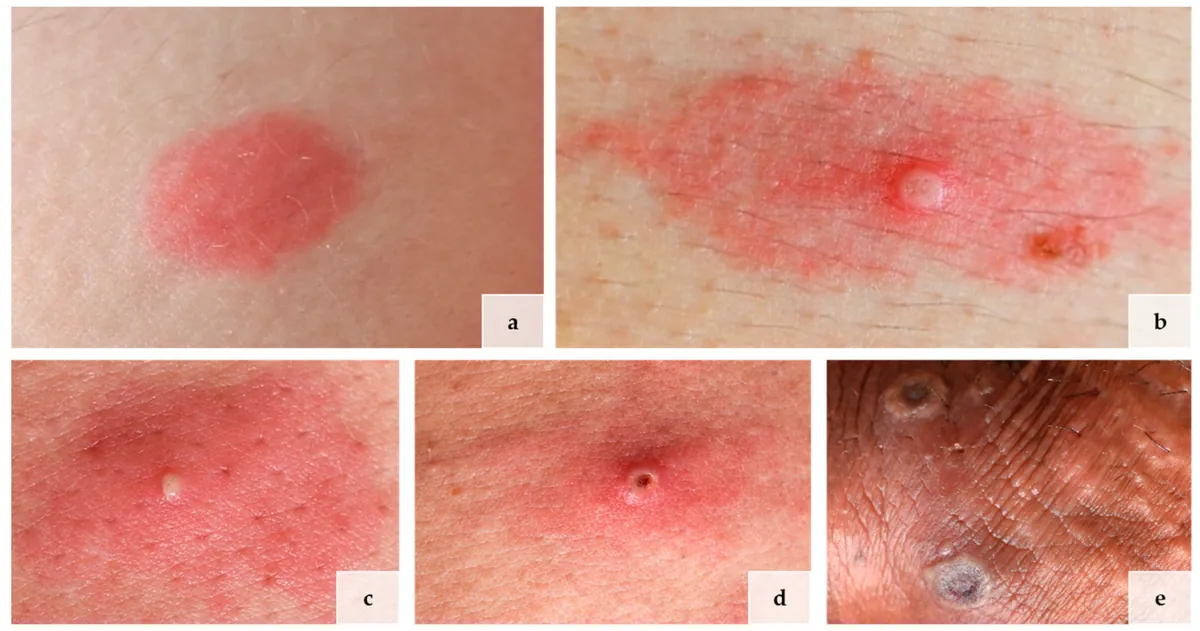Sweden Reports First Case of More Infectious Mpox Variant
Swedish health officials have identified the first case of a more infectious mpox variant, originally seen in eastern Congo. The patient was infected during a stay in Africa, where a major outbreak is ongoing.

Swedish health authorities have reported the first case of a more infectious mpox variant in the country. This announcement comes just one day after the World Health Organization (WHO) declared mpox outbreaks in Africa a global emergency.
The patient, who recently sought medical attention in Stockholm, is believed to have contracted the virus during a visit to Africa. Magnus Gisslen, a state epidemiologist with the Swedish health agency, stated that the individual has been treated and given "rules of conduct."
Swedish officials have reassured the public that this isolated case does not significantly impact the overall risk to the general population, which they estimate to be "very low." However, they acknowledge that occasional imported cases may continue to occur.

This new development highlights the ongoing global concern surrounding mpox. The virus, first discovered in 1958 in research monkeys, has been known to affect humans since 1970. Mpox typically causes symptoms such as fever, rash, and swollen lymph nodes, with an incubation period ranging from 5 to 21 days.
The WHO reports that Africa has experienced over 14,000 cases and 524 deaths in more than a dozen countries this year, surpassing last year's figures. Notably, the Democratic Republic of Congo accounts for more than 96% of all cases and deaths.
Earlier this year, scientists identified a new, potentially more transmissible form of the deadlier mpox variant in a Congolese mining town. This variant can have a fatality rate of up to 10%. While mpox primarily spreads through close contact, including sexual activity, the virus can also survive on surfaces in cool, dark environments with low humidity.
"The recent surge in mpox cases across Africa, particularly in Congo, represents a significant public health challenge that requires immediate international attention and coordinated response efforts."
Despite the concerning developments in Africa, experts believe that well-resourced countries like Sweden have the capacity to quickly contain potential outbreaks. This optimism is partly due to the availability of smallpox vaccines, which have shown approximately 85% effectiveness in preventing mpox.
As the global health community continues to monitor the situation, it's worth noting that antiviral drugs developed for smallpox may also prove effective in treating mpox. The WHO's decision to adopt the name "mpox" in 2022 was aimed at reducing stigma associated with the disease, highlighting the importance of both medical and social approaches in addressing public health challenges.


































